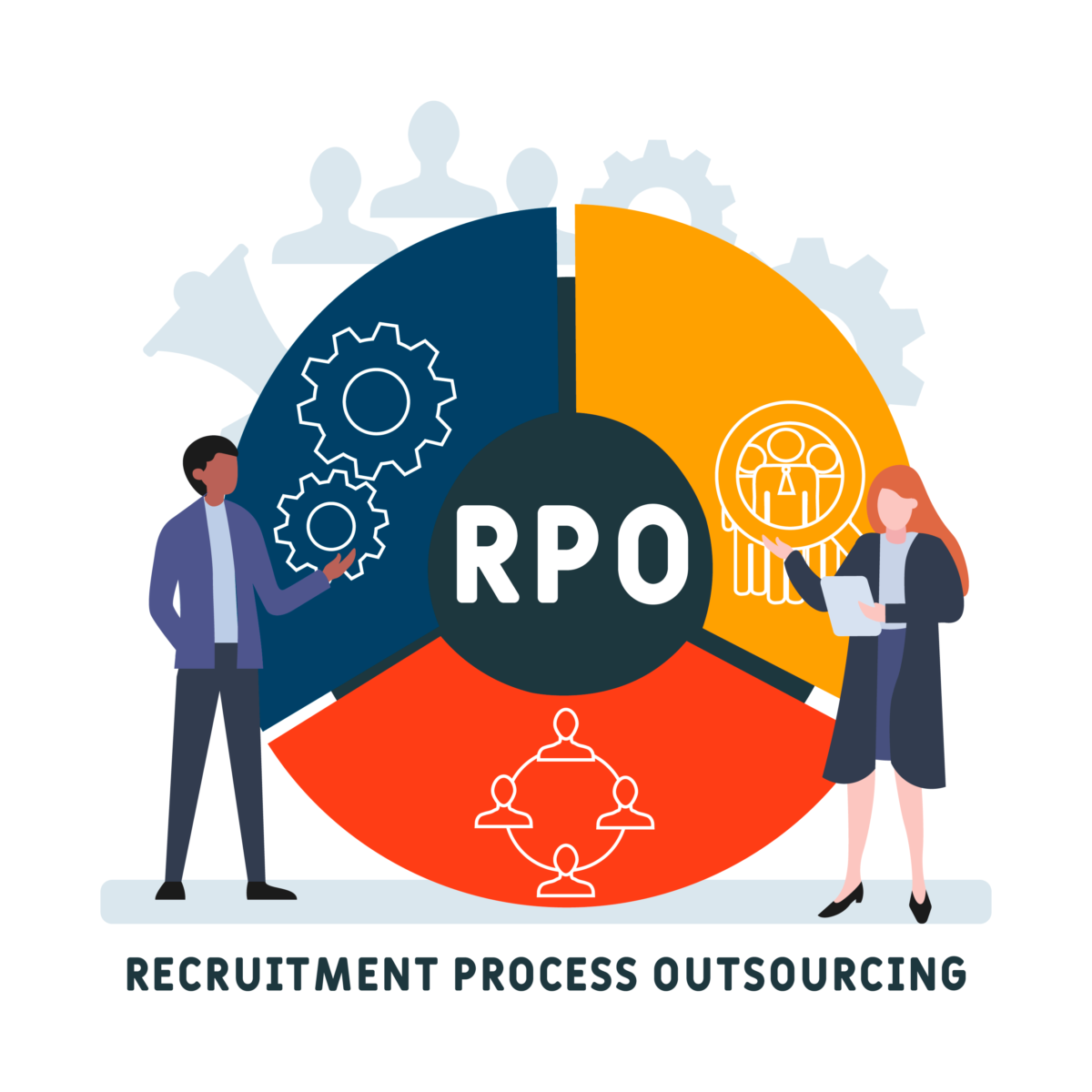Speed: RPO providers have the expertise and resources to handle recruitment activities more efficiently than an in-house team. As a result, they help to speed up the recruitment process and get new hires onboarded more quickly. This is critical for the health of an organisation because research reveals that high-quality talent gets snapped up by the market, in approximately 10 days. Quick and nimble access to these resources is a benefit that the right RPO partner can offer enterprises that are looking at scaling up in a hurry.
Scalability: RPO allows growing enterprises to scale recruitment activities up or down as needed, which can be particularly useful during rapid growth or downsizing periods. RPO partners can onboard a full pipeline of talent to scale the recruitment resources when needed. At the same time, they can absorb resources into the system when enterprises need to downsize and also find candidates for alternate employment. This can help ensure that the enterprise has just the right number of employees to meet its business needs.
Better alignment with business goals: The right RPO provider is always aligned with an organisation’s business objectives and development strategies. It is also aware of the position taken by competitors as well as market realities. This gives RPO providers who work with growing enterprises the insight to align recruitment activities with the company’s overall business goals. In turn, this helps to ensure that the right talent is hired for the right roles.
Cost savings: RPOs can help growing enterprises reduce recruitment costs by outsourcing recruitment activities to a third-party provider, thereby allowing businesses to focus on their core objectives and competencies. They can avoid incurring unnecessary recruitment expenses, losing time, or bearing extra infrastructure costs related to having large in-house recruitment teams.
Improved candidate experience: Despite the present influx of talent in the market, good candidates are not easy to come by. What is more, there are always takers for great talent. RPO providers have access to the best talent. In addition, they offer a more personalised and efficient candidate experience, which can help attract and retain top talent, which is crucial for a growing enterprise that wants to scale rapidly.
Access to specialised talent: RPO providers often have access to a wider pool of verified candidates and specialised recruitment methods. They stay in touch with the top talent layer either virtually or through personalised communication. This can help a growing enterprise find the right talent quickly, particularly in specialised or hard-to-fill roles.
